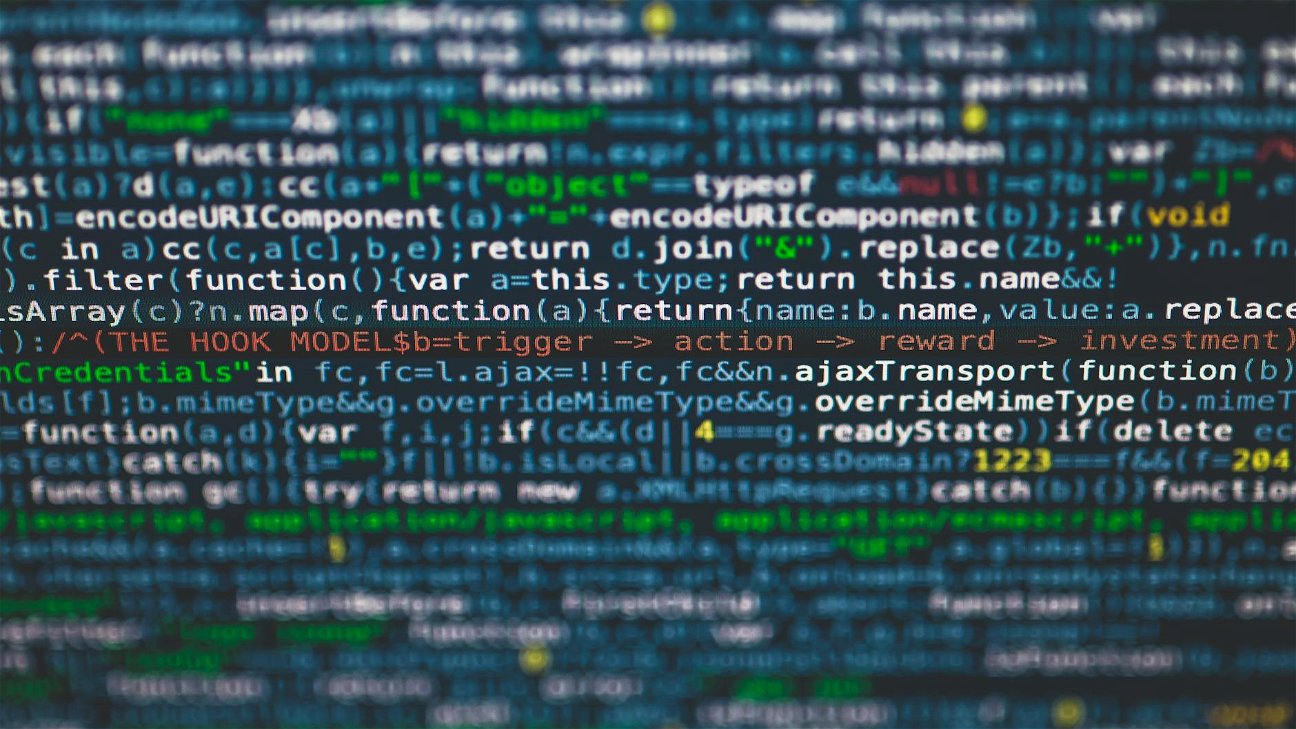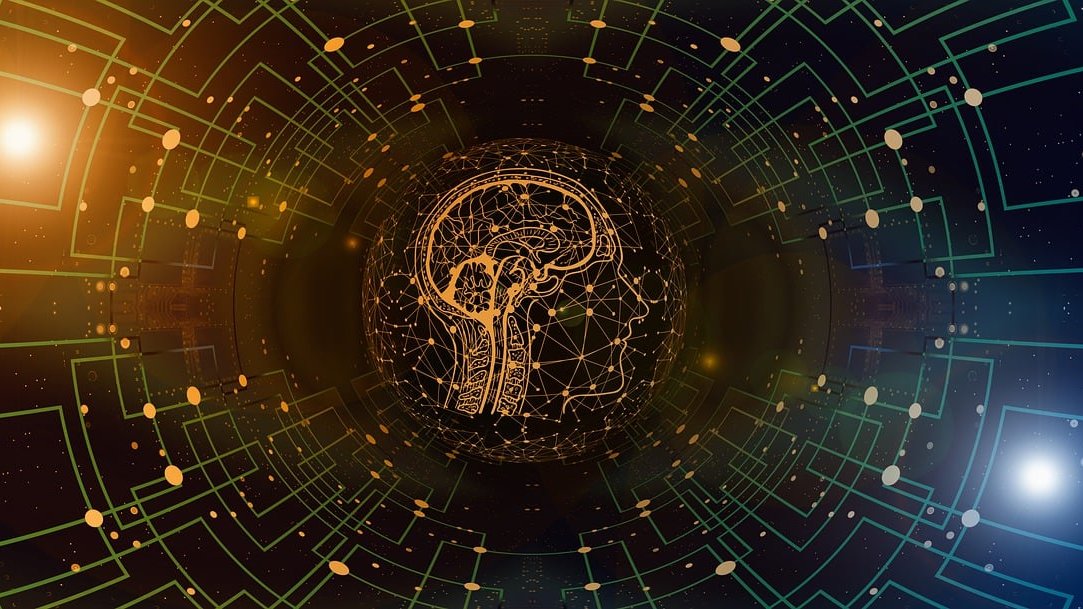
Yann LeCun, a prominent figure in the AI industry, voices concerns about the concentration of AI development within a few large corporations. He argues the real problem lies not in speculative doomsday scenarios, but in the monopolization of AI's benefits by powerful entities.
LeCun criticizes fear-mongering tech bosses
Yann LeCun, often referred to as an 'AI godfather', has grown frustrated with tech bosses who frequently sound the alarm on AI risks. In LeCun's view, these dire predictions are less about protecting the public and more about keeping control of AI development within a select few hands. He regards this control as a far more immediate and substantial threat than the dystopian future scenarios often painted.
LeCun has specifically called out Sam Altman of OpenAI, Demis Hassabis of Google DeepMind, and Dario Amodei of Anthropic in a recent post. He accuses them of 'fear-mongering' and 'massive corporate lobbying', asserting their efforts are aimed at influencing regulatory conversations on AI safety to serve their own interests. LeCun fears that if they succeed, it will result in catastrophe as a small number of companies will gain disproportionate control over the AI industry.
Identifying the real dangers of AI
LeCun believes the true risks of AI are far removed from the 'doomsday scenarios' often presented. Instead, he points to more immediate dangers such as worker exploitation, data theft and the accumulation of power in the hands of a few large corporations. The latter, he argues, could decimate the open-source community and result in AI development being locked into private entities that refrain from sharing their findings. This, he warns, could potentially lead to the loss of transparency and control.
The importance of open-source AI
LeCun is a strong advocate for open-source developers, highlighting their role in ensuring transparency in AI development. He also raises the alarm about the potential risks of allowing AI development to be controlled by a select few companies. If open-source AI were to be regulated out of existence, he argues, a small number of companies from the West Coast of the US and China could end up dictating people’s entire digital experiences. This, LeCun contends, could have significant implications for democracy and cultural diversity.










